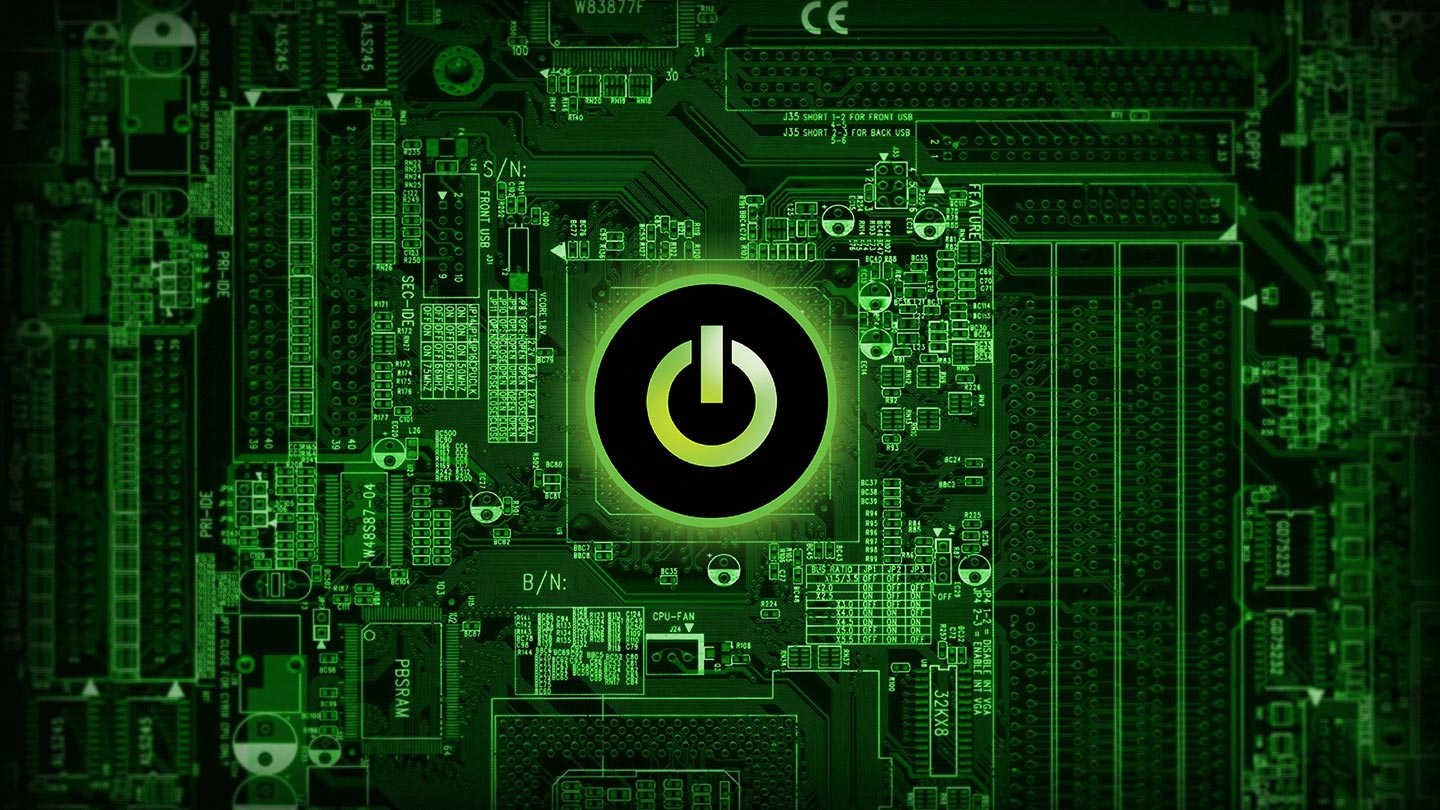
Often, people with mental health issues, especially depression, feel disconnected and alone. If you or someone you know struggles with this, I propose the following exercise. (If negative thoughts may make this difficult, ask someone you trust to provide input and suggestions.)
Look at all of your social contacts to determine whom you can look to for love and support. Not everyone is comfortable talking openly about mental illness. That’s okay. It doesn’t have to be the subject of conversation. There are other ways to be supportive.
#BellLetsTalk
http://letstalk.bell.ca/letstalk
Healthy distraction
Are there people who can be a healthy distraction?
- A double date (dinner, movie, dancing) with another couple
- Coffee or lunch with people who share your interests (sports league, club, choir, volunteer/church group)
- Coffee or lunch with a trusted friend or co-worker
If you or your loved one doesn’t have the emotional energy to go out, consider inviting friends over to watch movies, play board games, do karaoke, or share a meal. If you feel you don’t have the stamina to entertain and prepare a meal for everyone, order in or go potluck.
Emotional support
Are there people who can offer spiritual or emotional support?
- A member of your church group
- Friends and family you can confide in
- Members of a support group or others who know first hand what it’s like to have been there and done that
Clinical or medical advice and support
Don’t be reluctant to reach out to those who can offer clinical or medical support and advice.
- Your doctor
- Your therapist or counsellor
- Your community health nurse
- Your pharmacist
Vocational and educational supports
- Coffee or lunch with co-workers, classmates, instructors and peers you trust
- Your union rep or steward
- Your Employee Assistance Program
A current or former mentor, instructor or other person who has seen your successes can help remind you of the progress you’ve made and of the many things you have going for you.
A volunteer coordinator and other volunteers you’ve teamed with can help remind you that you have value and do make a difference to others.
Other, unexpected sources of support
Physical activity releases endorphins that can help improve mood. Even if you don’t have the energy to be a gym rat, something as seemingly silly as dancing in your pajamas or hitting your fists against your bed and kicking your legs may help: it’s activity!
Spend time with pets and animals.
Try spending time with children. They can be surprisingly empathetic and loving. Try a craft, read a story, play a game or sing songs.
Music and guided meditation have been shown to lower blood pressure, reduce pain, improve mood and sleep, and calm the mind.
If you are in crisis
Call 911 or your local suicide prevention/mental health crisis line
or
Report to your nearest hospital emergency department
Remember: Your support network is larger than you may realize.
Liked this article?
We are adding more useful articles to our blog every week! Join our subscribers to stay up to date on digital security, marketing, and social media trends.
By entering your email, you agree to receive our monthly newsletter. You can unsubscribe at any time!


